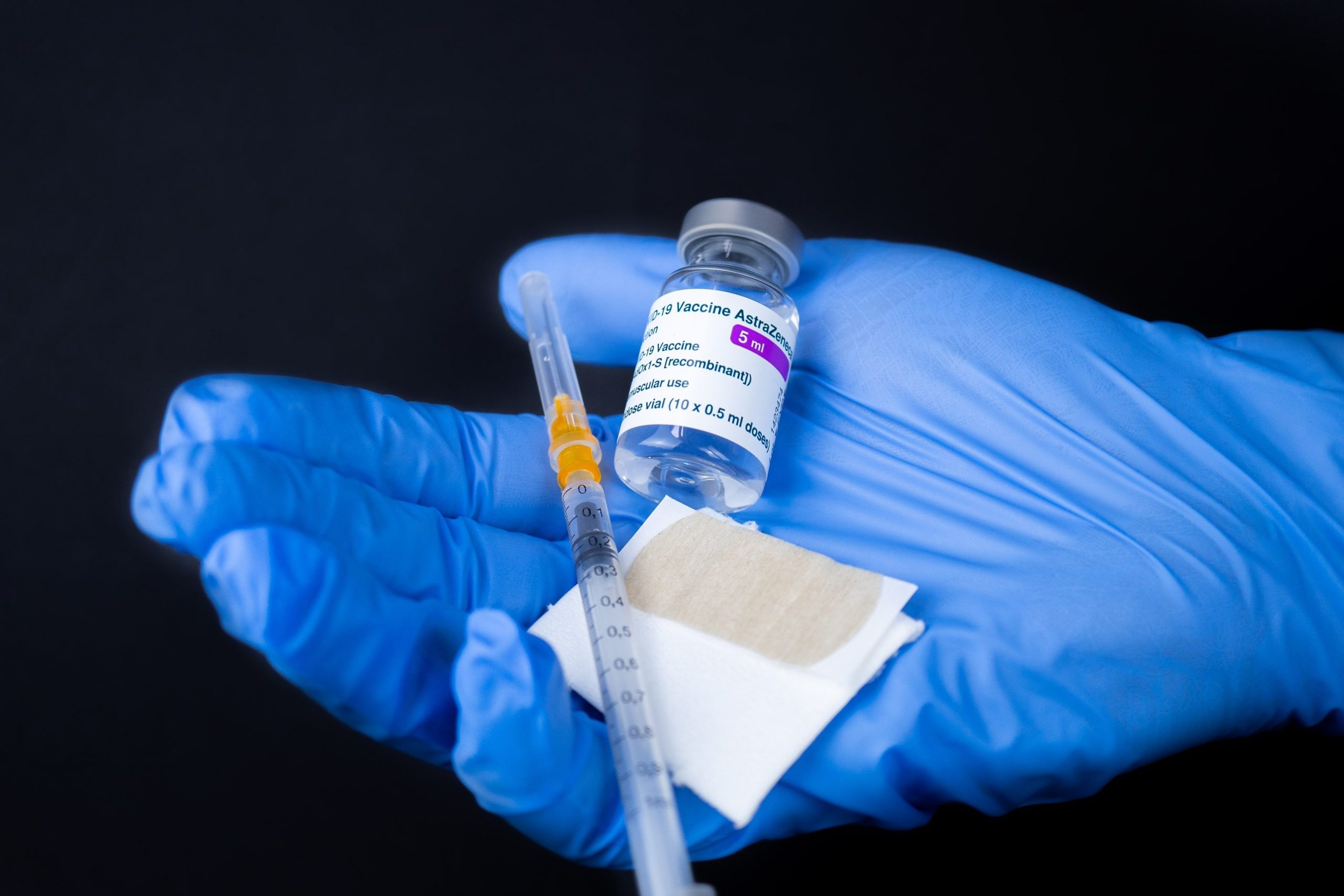Combining two different Covid-19 vaccines is ‘safe’ and provides strong immunity against the virus health experts insist.
A senior doctor at Qatar’s ministry of health has reiterated that there is ‘no danger’ in mixing different Covid-19 vaccinations— an approach that has become widely known as the “mix-and-match” regimen.
In an interview with Qatar TV, Head of Vaccination at the Ministry Dr. Soha Al Bayat assured the public that those who received a vaccine that is not available in Qatar can still receive their second and third dose from the two vaccinations available in the Gulf state – Pfizer/BioNTech or Moderna.
This is welcome news for many newcomers to Doha who may have received the first two jabs with a different vaccine that is not readily available in Qatar, including CDC-approved Oxford–AstraZeneca vaccine, which is vastly given in the United Kingdom, and Johnson & Johnson. While the green light has been given by Qatari authorities for people to be given two shots of the Oxford-Astrazenica jab, Doha has yet to approve the manufacturer’s booster shot.
So what are the differences between the vaccines?
There are four main differences in the CDC-approved vaccines currently available on the global market. However, most of them aren’t really related to how the vaccine works to prevent the virus.
First, and most looked upon, is effectiveness. According to studies, Pfizer/BioNTech has a 95 percent effectiveness against severe disease or death from most COVID-19 variants, while the Moderna vaccine is around 94.1 percent effective, according to trials. AstraZeneca, however, is only 70 percent effective, but no one who received the vaccine during trials was hospitalised.
Price also plays a huge role, with the cost of the vaccines varying from USD 4-20. However, most countries, including Qatar have so far rolled out the vaccine free of charge.
All the COVID-19 vaccines that are now available fall under one of three types: mRNA vaccines, vector vaccines, and protein subunit vaccines.
Moderna and Pfizer are mRNA vaccines, meaning they teach cells how to make a protein that will trigger an immune response inside our bodies. This type is relatively new when it comes to mass vaccinations, but researchers have been studying and working with mRNA vaccines for decades.
AstraZeneca and J&J are viral vectors, which means they use a modified version of a virus that is different from the virus being targeted to deliver important instructions to our cells. In the case of Covid, the vaccines altered a cold virus and then added the genetic code of Covid-19, building immunity after the shot is taken.
All of them are effective and have gone through rigorous trials before being approved by the authorities. Most vaccines also require more than one shot to ensure strong immunity and that enough anti-bodies are present.
Lastly, storage and transportation also make each vaccine different. Pfizer, for example, needs to be stored at a -70C temperature, so it needs special boxes and high-tech technology during transportation and storage. It can then be kept for up to 6 months in ‘freezer farms’ and then taken out and put in a normal fridge for up to 5 days before its used.
This process is similar with the Moderna vaccine, but it has to be stored at a -20C temperature.
AstraZeneca vaccines however, can be stored in a normal fridge (3-8C), which means its easier and cheaper to move around and store.
What is a ‘booster shot’?
A Covid-19 booster shot is an additional third dose of a vaccine given to increase the anti-bodies after they begin to decrease over time.
The United State’s FDA has authorized—and Qatar’s CDC has approved booster shots for Pfizer/BioNTech and Moderna, along with a “mix-and-match” approach that would allow people to choose a different vaccine for their booster than the one they started with.
Recent studies have shown that ‘mix and match’ regimens for Covid-19 vaccinations are safe and highly effective at preventing the virus—matching or even exceeding the performance of mRNA vaccines.
This means that those who received AstraZeneca or J&J abroad can have any of the booster shots available in Qatar.
Last week, Qatar’s Ministry of Public Health announced that all individuals who received the second COVID-19 vaccine dose at least six months ago are now eligible for a booster shot.
“All individuals who meet the new criteria are now eligible for the COVID-19 booster vaccine, regardless of age, and are encouraged not to delay their appointment to ensure they continue to have high levels of protection against COVID-19,” the ministry said in a statement.
Qatar starts rolling out COVID booster shots for general public
In the wake of the ongoing spread of the virus in several countries around the world, health authorities urged people planning to travel to register for the booster shot if they are eligible before departure.
“We advise the elderly, those with chronic diseases, immunodeficiency diseases, doctors, teachers, and the most vulnerable people by virtue of their job, to take the booster shot soon,” Dr. Al Bayat said.
Follow Doha News on Twitter, Instagram, Facebook and Youtube







